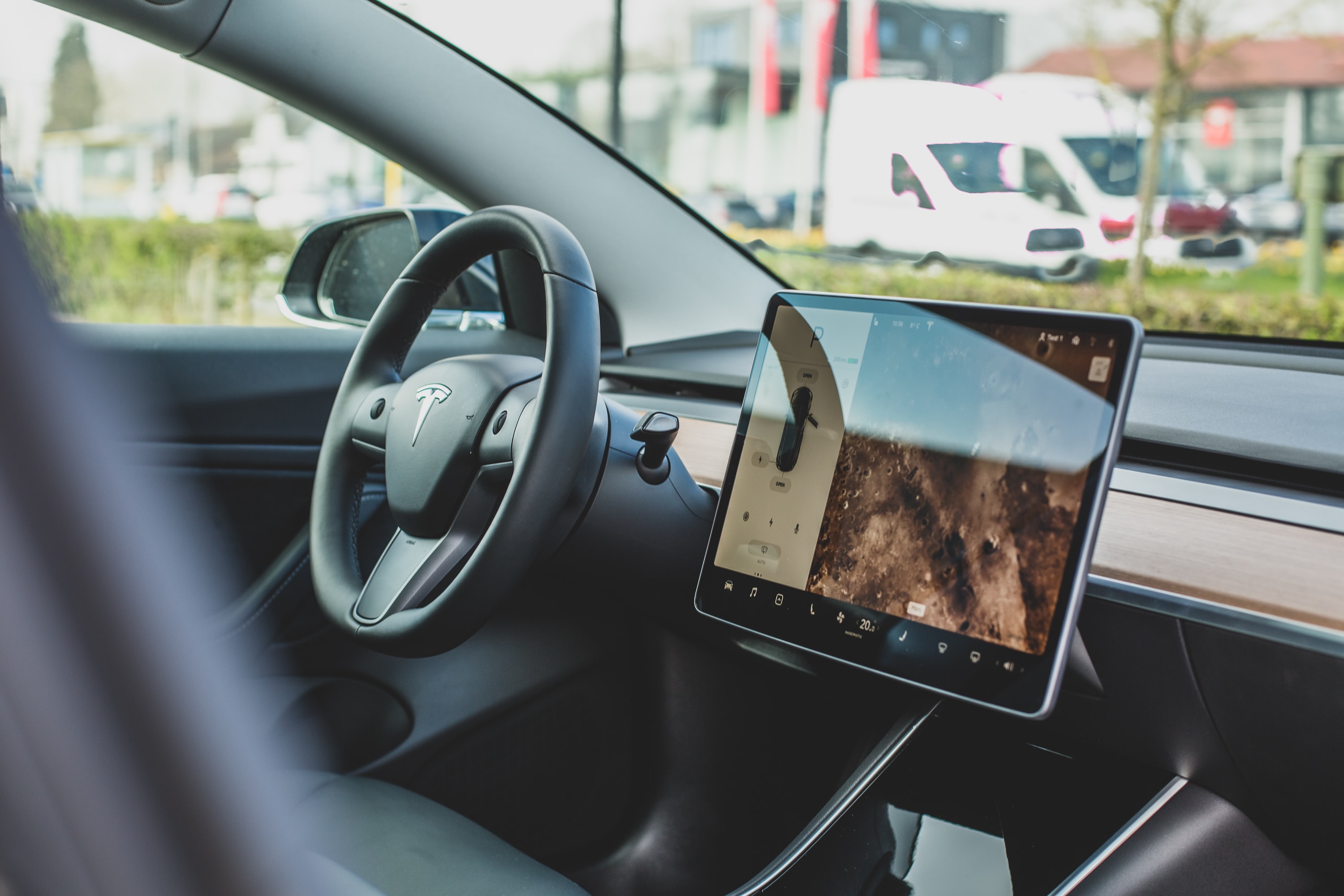

(photo credit: Bram Van Oost)
Elon Musk has announced that a fully self-driving software was rolled out to any Tesla owner in North America who has purchased the £12,000 worth feature.
However, it is unlikely to see autonomous Tesla cars roaming the streets of London anytime soon.
The UK currently does not allow vehicles with autopilot, and in August, the government announced a £100 million safety research plan to make new legislations for autonomous vehicles by 2025.
Tesla Full Self-Driving Beta is now available to anyone in North America who requests it from the car screen, assuming you have bought this option.
Congrats to Tesla Autopilot/AI team on achieving a major milestone!
— Elon Musk (@elonmusk) November 24, 2022
Goldsmiths Computing lecturer Andrew Freeman said fully self-driving cars are not ideal when the road conditions become unpredictable.
“The reality is that AVs [autonomous vehicles] need to spend lots of time on the road encountering unusual circumstances to get good at handling those circumstances.”
Car manufacturers have said self-driving cars are safer and can reduce accidents caused by tiredness and the legislation will eventually pass as both parties have not shown objections, he said.
“I doubt that it will get through before the next election…the main global issue seems to be with deciding who is liable in the case of an accident.”
One Londoner who regularly commutes from her home in Forest Gate to work in West London, Brooke Gibb, said she is concerned with how the autonomous vehicles will be integrated to roads designed for humans.
“The unpredictability of human error may cause concern for the safety regarding self-driving cars,” Ms. Gibb said.
Shortly after Musk’s tweet, some twitter users expressed concerns over the safety issues surrounding Tesla’s autopilot. This has led to glitching and, in some cases, even caused serious car accidents.
I love it but have a concern
The car slams the brakes on inappropriately. Twice a car was entering an on ramp and yielding, brakes slammed hard and could have caused an accident. A car was turning left the other day, stopped, and my car just slammed the brakes on the highway
— Tim Pool (@Timcast) November 24, 2022
You too can have a Tesla that will decide on its own to fly down crowded streets into fellow motorists.
Congratulations Tesla Autopilot/AI team on this incredible technology. pic.twitter.com/iclUeNQVsk
— I Smoked Yedolph Hitler (@BlackKnight10k) November 24, 2022
Tesla has convinced the authorities that its full self-driving feature does not actually make the car fully autonomous in order to avoid regulatory oversight.
In announcing the rollout, Tesla said in the statement: “The currently enabled Autopilot, Enhanced Autopilot and Full Self-Driving features require active driver supervision and do not make the vehicle autonomous.”